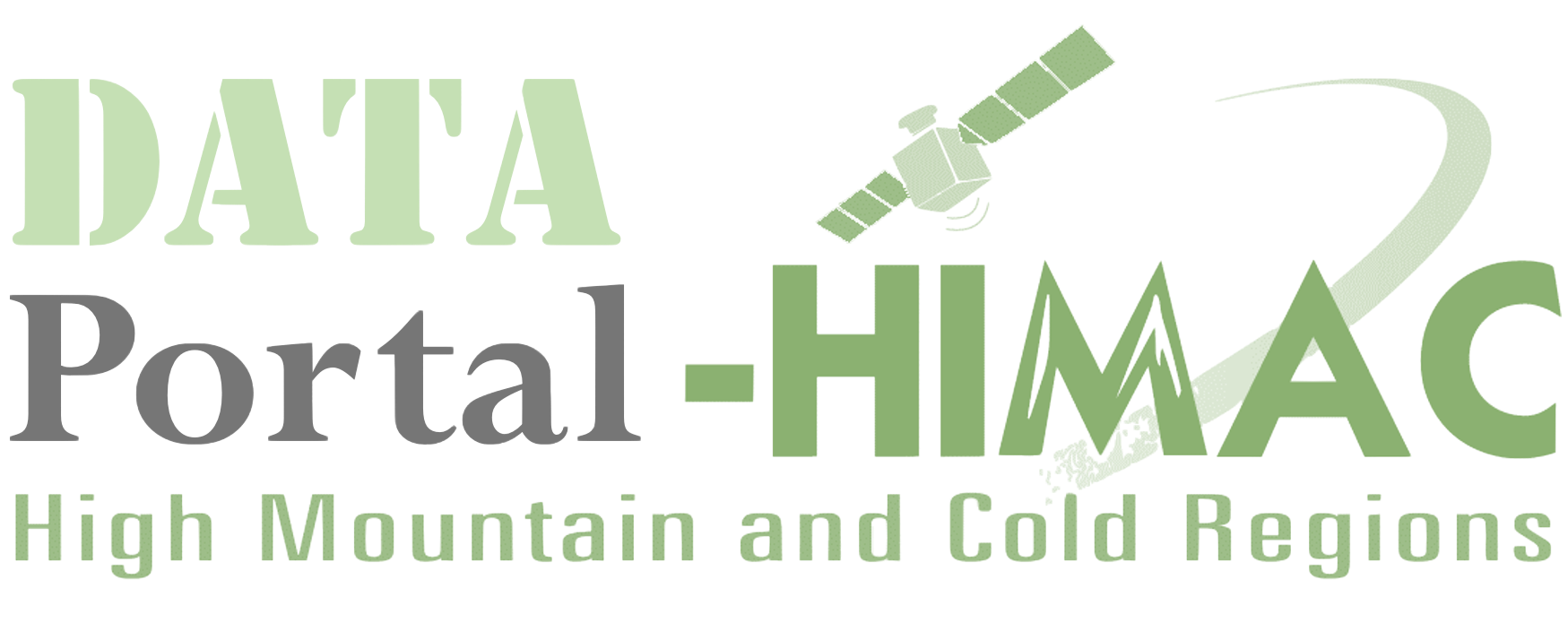Paleoclimatology Datasets
Data and Resources
Additional Info
| Field | Value |
|---|---|
| Source | https://www.ncdc.noaa.gov/data-access/paleoclimatology-data |
| Last Updated | May 26, 2021, 02:40 (UTC) |
| Created | January 23, 2021, 13:27 (UTC) |
| Country | USA |
| Data Management | Data and metadata (simply termed 'data') are compiled by the submitter. Data are sent to NCEI by FTP, email, or regular mail. Data are prepared for the archive: A record of receipt of data is recorded in an NCEI Tracking database. An exact copy of the original files sent to NCEI are copied to archival media. Data that are transferred to NCEI in compressed or zip files are uncompressed or unzipped. Data are scanned for viruses prior to inclusion in the NCEI archive. In most cases, files are converted into ASCII (from MS Excel, MS Access, FoxPro, etc...) so they will be readable years from now. File format information from the metadata is compared to the submitted data to assure that the information is correct and complete. Gaps in the file format information and other metadata are filled in by email or phone conversation with the submitter. Specific metadata may be extracted and placed in the NCEI metadata database. Data may be divided into smaller subsets, usually by cruise or observation type, to facilitate online data transfers. When necessary, NCEI will work with the data submitter to assure that no information is lost during this process. Data are placed into the digital archive A copy of the original data and metadata files, as well as any relevant additional information about the original data are written to the digital archive. digital archive is protected and upgraded. Multiple archival backup copies of all new datasets are made as they are entered into the system and are stored in on-site and off-site facilities. copies are periodically refreshed onto new or more current storage media. The online Ocean Archive System is updated to reflect the new data. The datasets and metadata in the archive are periodically reviewed for completeness and correctness. Additional metadata is added, if available. When notified of errors or replacement data by the original data submitter, NCEI may make necessary changes to the contents of archived data. In these limited cases, all changes are annotated in the attendant metadata and confirmed with the original submitter. Some data are processed further by NCEI for inclusion in specialized reference datasets (e.g., World Ocean Data Base). |
| Data Policy | A basic tenet of environmental data management at NOAA is full and open data access. As the nation's Archive for ocean data and information, the National Centers for Environmental Information (NCEI) is committed to full and open data access in support of its community of Data Producers and Data Consumers. We will ensure that archived data are fully and openly available, to the extent permitted by law and subject to valid privacy, confidentiality, security, or other restrictions. NCEI-Oceans archives ocean data in collaboration with numerous international and national organizations whose goal is to increase the accessibility of data worldwide. This includes the Global Earth Observation System of Systems (GEOSS), the Global Ocean Observing System (GOOS), the Committee on Earth Observing Satellites (CEOS), the International Oceanographic Data and Information Exchange (IODE) of the Intergovernmental Oceanographic Commission (IOC), and the World Data System (WDS) of the International Council of Science (ICSU), as well as other international bodies dedicated to the exchange and open-access of ocean- and climate-related data. Our data access policies are generally consistent with the policies of these international and national bodies. Most data archived here are, and will continue to be fully accessible in a timely manner through our portals and standards-based web services. As acknowledged in NOAA Administrative Order 212-15, some collections of data archived here may have specific access constraints that are mutually agreed upon and documented by the Data Producer / Data Provider and us. Data that have access limitations are considered exceptions to our 'full and open data access' policy. All exceptions to this policy must meet the following requirements. Written approval from our Director to accept the data collection for inclusion in the archival holdings. Documentation that identifies the reason(s) for limiting access to a specific data collection, including the specific authority (e.g., NSF Policy) that requires or permits access limitations, conditions, if any, that allow us to provide access to the data collection and the duration (time period) during which access to the data collection is limited. Our staff will not author a paper, poster, oral presentations, or other scientific document unless the data described in the paper, etc., have been made public and are accessible to all users. "Accessible to all users" means that data can be downloaded from our archives via a standard web service. |
| Data Sharing Principle | A basic tenet of environmental data management at NOAA is full and open data access. As the nation's Archive for ocean data and information, the National Centers for Environmental Information (NCEI) is committed to full and open data access in support of its community of Data Producers and Data Consumers. We will ensure that archived data are fully and openly available, to the extent permitted by law and subject to valid privacy, confidentiality, security, or other restrictions. As acknowledged in NOAA Administrative Order 212-15, some collections of data archived here may have specific access constraints that are mutually agreed upon and documented by the Data Producer / Data Provider and us. Data that have access limitations are considered exceptions to our 'full and open data access' policy. All exceptions to this policy must meet the following requirements. |
